'Location-specific' Blocks on Journal Access Could Be OA 'interim Solution'
'Geo-specific access models' will help overcome problem of different nations having different policies towards open access, European Commission expert argues.

Send us a link
'Geo-specific access models' will help overcome problem of different nations having different policies towards open access, European Commission expert argues.

Algorithms may simply lead to 'self-fulfilling prophecies' and do not give reasons for their decisions, Oxford researcher warns.

There have been big declines in the proportion of humanities and social science papers published in Norwegian, conference told

Brian Schmidt says academia is losing brightest researchers because they cannot endure 'intolerable' precarity throughout their thirties
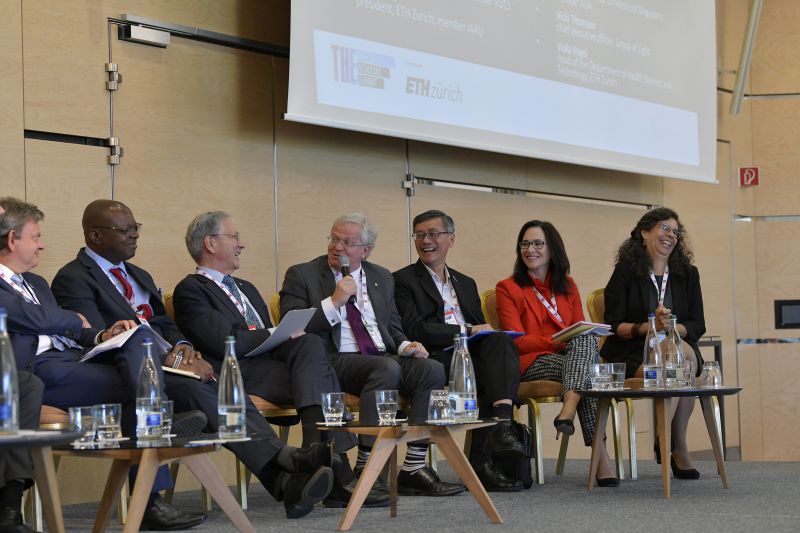
Researchers should be required to pass exams accredited by professional bodies to prove they have the skills to publish.

Kathryn M. Rudy considers the huge expenses of doing scholarly work in her field of art history.

Funders and researchers are squandering a huge opportunity to create a more just and effective system, says Jon Tennant

Swiss university has signed San Francisco Declaration on Research Assessment, which says academics should not be judged on the journals they publish in
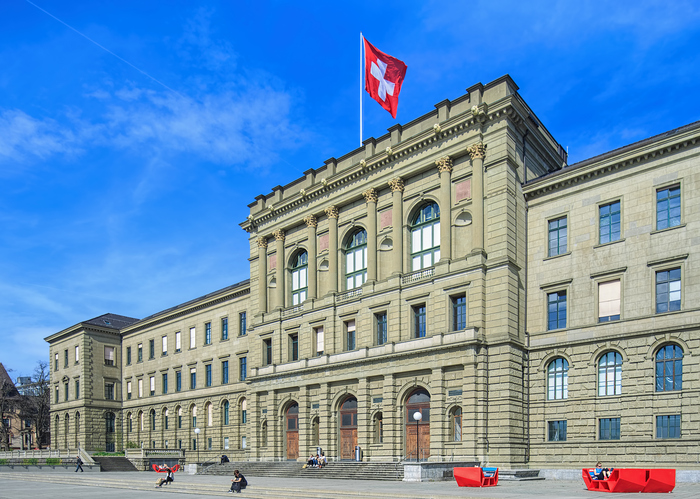
Berlin-based academic network faces court action in US and Germany, and lost more than €12 million (£10.7 million) in 2017, accounts show.

Asked by THE why taxpayers should not be able to immediately see the results of research they financed, Kelvin Droegemeier answered: 'They maybe should'
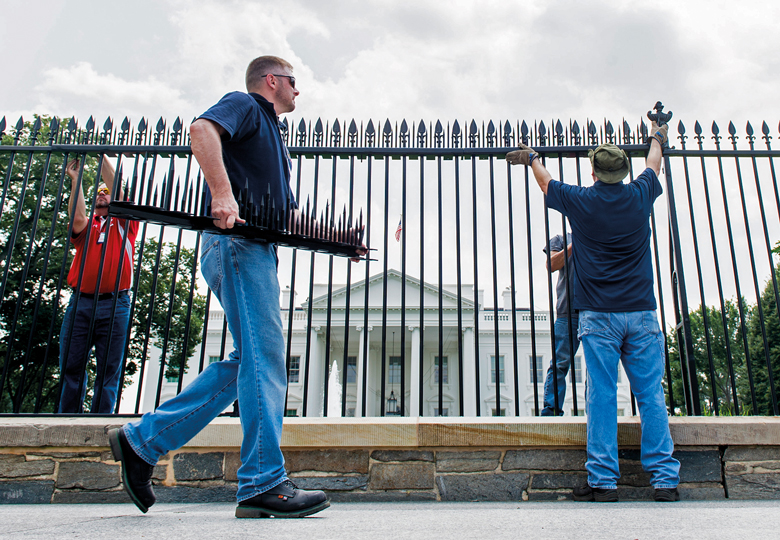
Negotiator says universities 'no longer willing to pay' big publishers without significant step towards open access.

Improving the culture surrounding mental health for postgraduates and PhD students also crucial to maintaining a healthy research system.
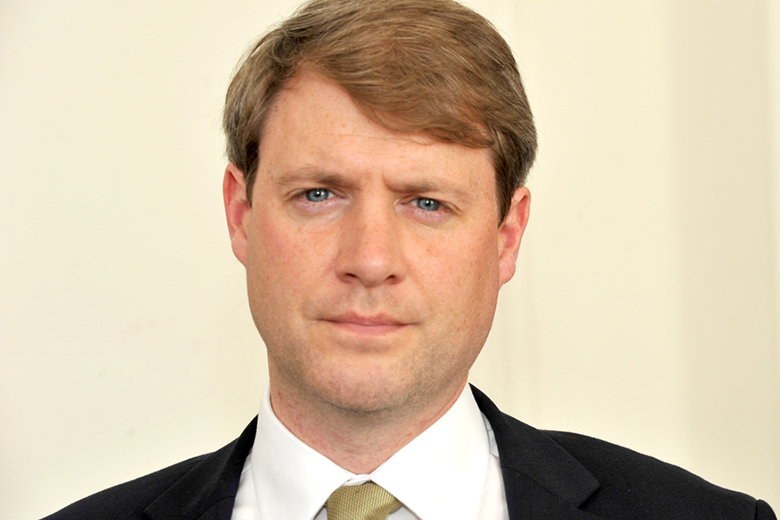
Debate around embargo periods heightens as Plan S deadline draws near. "Embargoes are just there to serve the interests of the publishers” says Robert-Jan Smits, the former lead architect of Plan S who is now president of Eindhoven University of Technology.

The Times Higher Education University Impact Rankings assess universities against the United Nations' Sustainable Development Goals. Calibrated indicators are used to provide comprehensive and balanced comparisons across three broad areas: research, outreach, and stewardship. This first edition includes more than 450 universities from 76 countries.
YS Chi claims publisher's shift to recognise research quality over quantity left a void that has been filled by others happy to publish insubstantial work

Survey finds that European institutions have open access policies in place - but far fewer have specific targets systems to check their progress.
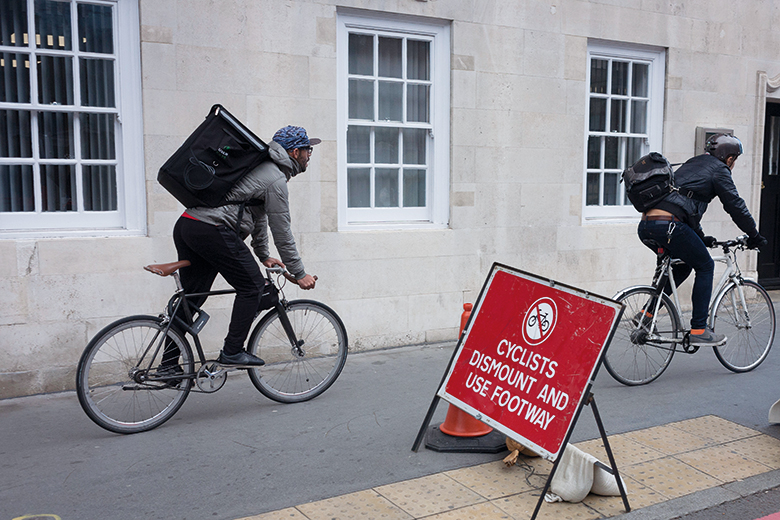
Implementing the mandate for open access monographs will be complex but that is the price of 'being the leader', says Cameron Neylon.

Everyone appears to be behind open access, but scratch the surface and you'll find that it's something of a touchy subject in academia, says Rachael Pells.
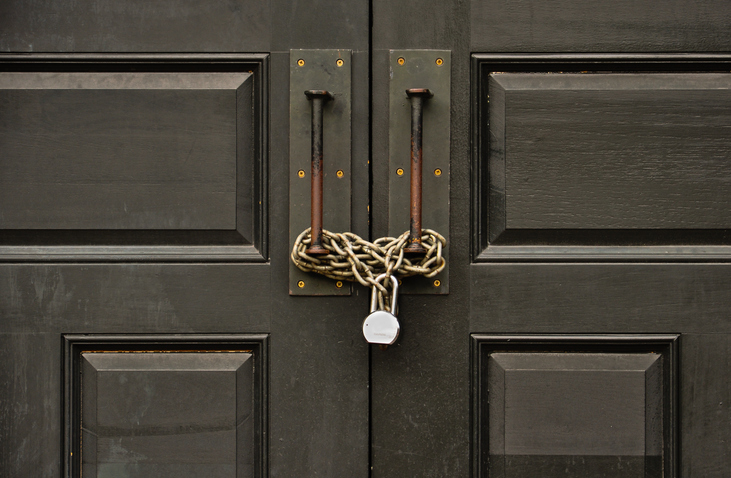
Seemingly owned by an Oxbridge Essays shareholder, company offers up to 100,000 words of 'model writing assistance'.
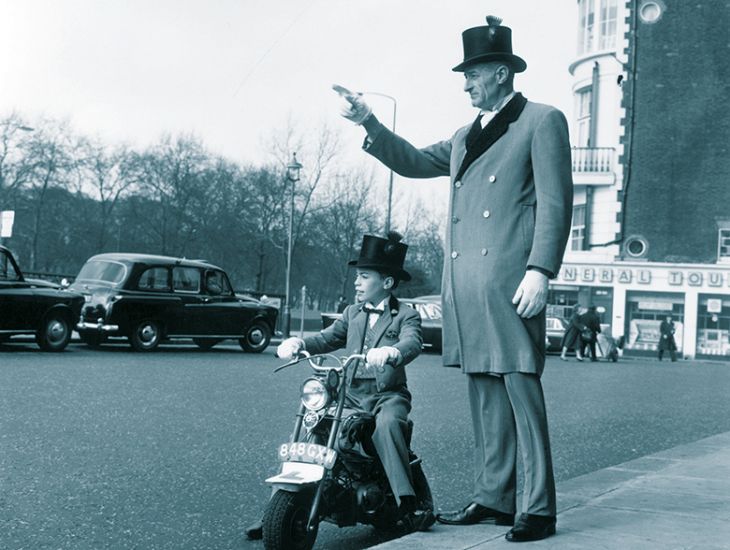
Publicly funded research brings social and economic benefits for all. It's critical that the global academic community continues to champion this work, says Ian Jacobs

Wikipedia should be embraced by universities as an open-access source of information that can be the starting point for deeper research and learning, says John Lubbock.

Agencies including the National Science Foundation are without funding
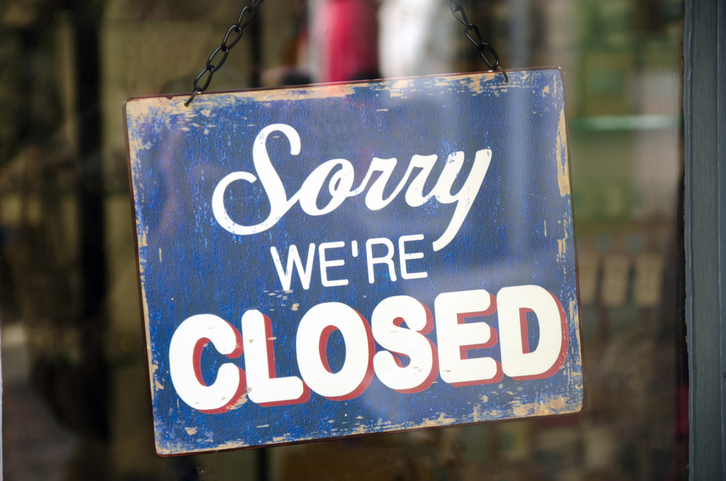
End of prestigious print publication after 103 years stirs debate over future of journal publishing in the digital age.

Science that is robust and reproducible will stimulate economic growth and social benefits, argue Marcus Munafò and Neil Jacobs

BMC Biology's 'portable peer review' policy aims to save editors and researchers time and effort, but academics question whether authors will want to share details of past rejections.
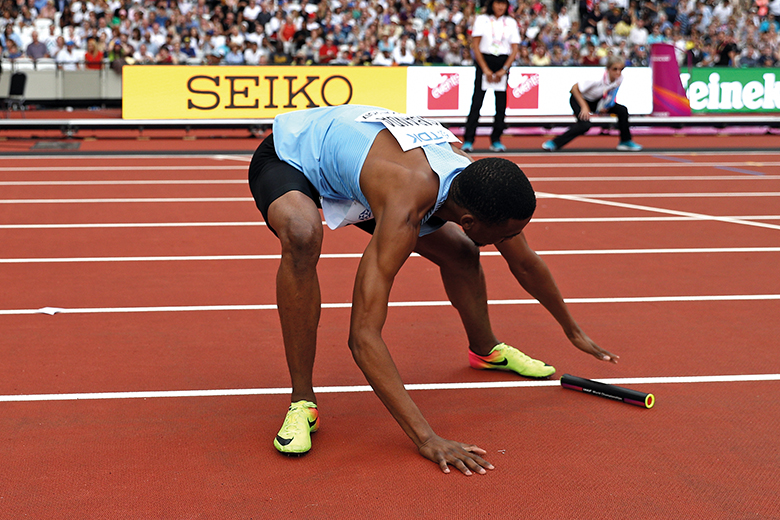
Peer review is lauded in principle as the guarantor of quality in academic publishing and grant distribution. But its practice is often loathed by those on the receiving end. Here, seven academics offer their tips on good refereeing, and reflect on how it may change in the years to come
